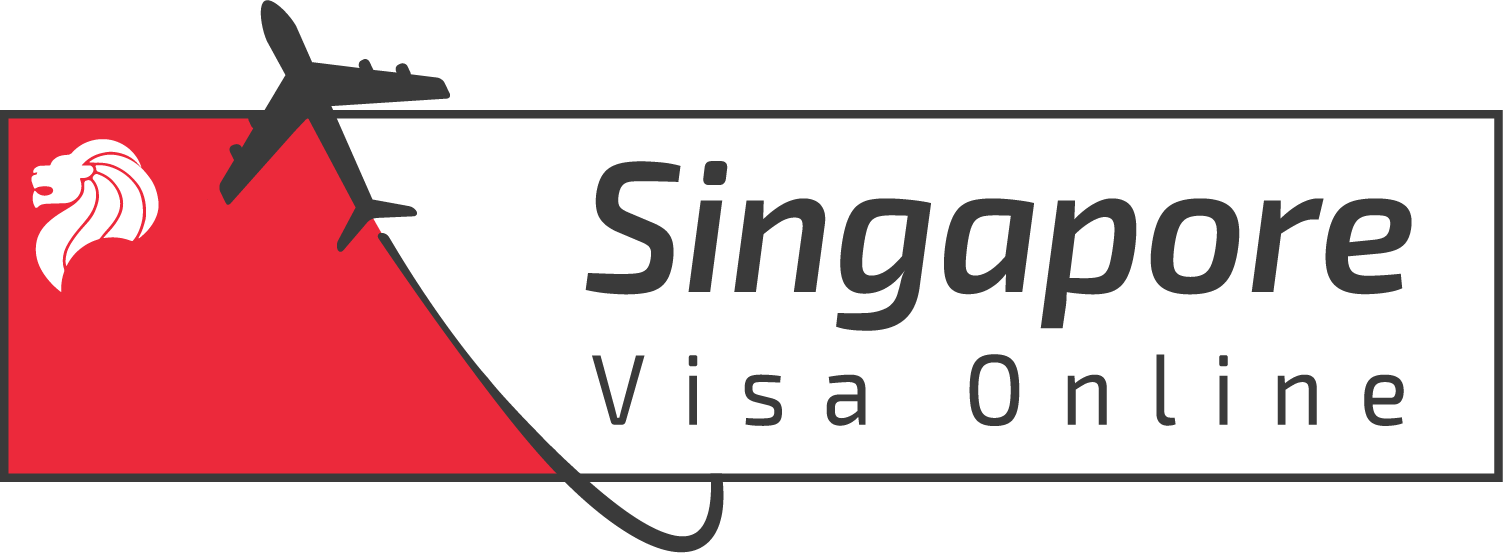Imagine this: You’re stuck in Karachi’s traffic, the sun beating down, your head’s full of deadlines, and your heart yearning for a change. In Pakistan’s busy cities, the daily hustle from 9 to 9 has become quite the norm. If you’re looking for a journey that brings growth, stability, and a broader view of the world, you’ve come to the right place.
Since COVID, the world has really changed. Remote work has become the new normal, digital migration is picking up speed, and countries like Singapore welcome skilled professionals with open arms. Singapore, with its futuristic skyline, efficient systems, and multicultural environment, beckons as a land of opportunity. In this guide, you’ll discover how Pakistani IT & Finance Professionals Can Build a Career in Singapore, from skills and salaries to visas and vibes.
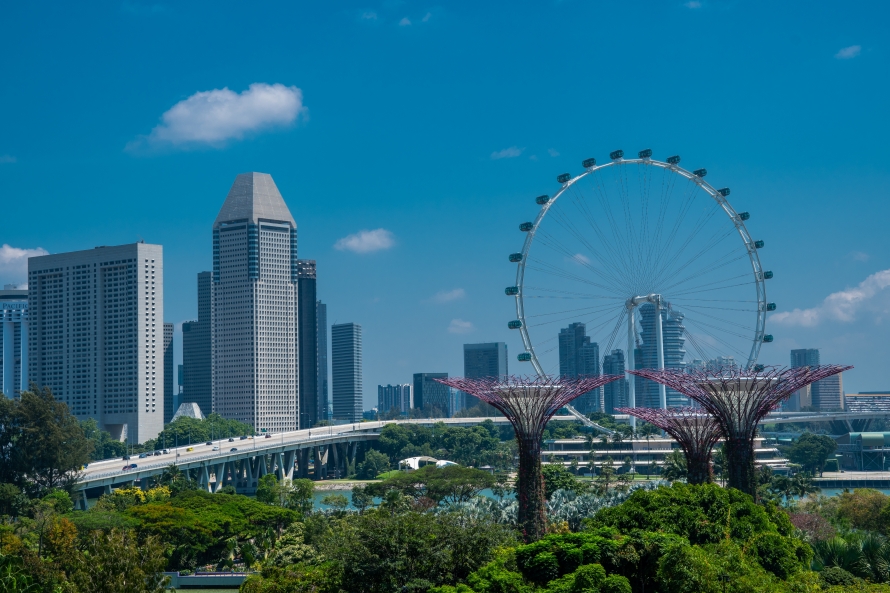
Why Singapore is Best for Pakistani Professionals?
Singapore is more than just a city. It’s a smart, modern hub where finance, technology, and innovation come together. It leads in areas like fintech, cybersecurity, and digital banking. Companies here move fast, and they need people who can keep up. That’s where Pakistani professionals come in.
Talent Without Borders
Pakistani professionals are doing great work in Singapore’s growing tech and finance industries. They are well-educated, quick to adapt, and speak English very well. Many have worked in startups, international teams, and remote jobs. This makes them a strong fit for Singapore’s fast-moving and innovative work culture.

Many remarkable individuals show us this success. Shamsher Zaman, originally from Pakistan, has established himself in Singapore’s business community, serving as the Managing Director of Linkers (Far East) and contributing to various civic initiatives. Farhan Waheed, a seasoned banker, moved to Singapore in 2017 and has been actively involved with the Singapore Pakistani Association, demonstrating leadership and community engagement. Their journeys highlight the impactful presence of Pakistani talent in Singapore’s economic growth.
Both Sides Win
But this partnership goes both ways. While Singapore gains dedicated, skilled professionals who bring fresh ideas and real value to their companies, Pakistan benefits too. Every opportunity means remittances for families, exposure to global standards, and knowledge that flows back home. It’s more than just a job. It’s a bridge between two economies, creating long-term ties through talent, trust, and shared growth.
Where You Fit In: In-Demand Jobs in IT & Finance (2025 & Beyond)
Singapore’s job market is changing quickly due to the need for digital advancements and a stable economy. IT roles are set to grow by 35% and finance roles by 32% over the next decade, offering strong opportunities for those ready to future-proof their careers.
Top IT Roles
- A Software Engineer – If you know Python, Java, or have DevOps experience, you’re in demand.
- A Cybersecurity Analyst – With cyber threats rising, companies need people who can protect their data.
- A Data Scientist or AI Engineer – If you’re great with data and love turning numbers into insights, this is your space.
- A Cloud Engineer – Businesses need experts to run and improve their cloud systems every day.
In finance, you can shine as
- A Risk Analyst – You can help companies spot and manage financial risks.
- A Financial Planner – Guide others toward smarter financial decisions and long-term stability.
- A Compliance or AML Officer – Make sure firms follow the rules and stay ahead of financial crimes.
- A Fintech Product Manager – Combine tech and finance to build the next big thing in digital banking or payments.

You can start searching for a job with sites like JobStreet Singapore and MyCareersFuture. They’ve got tons of listings in IT and finance, so you can see what roles are out there and which ones match your skills.
Skills That Make You Stand Out
Here’s what can help you stand out from the crowd.
Recognized Certifications
If you’ve got certifications like ACCA, CFA, or PMP, you’re already ahead. These are well-known and respected in Singapore, and they show you’re serious about your profession.
Freelancing Experience
Freelancing on platforms like Upwork or other sectors can be a substantial advantage for you. It proves you can handle projects independently, communicate effectively, and deliver results. All of which are highly valued by employers.
Soft Skills
You shouldn’t underestimate traits like adaptability, being bilingual, or offering cost-effective solutions. These skills help you quickly stand out in a global and fast-paced environment.
Bridging Educational Gaps
Your degree from a Pakistani university gives you a strong base. But if you’re taking online courses or getting new certifications, you’re showing that you’re ready to grow and meet international standards. That kind of mindset goes a long way.

What Pakistani Universities Don’t Teach, But Singapore Values
No doubt that your degree is important. But in Singapore’s fast-paced, global work culture, it’s the extra skills that really count. Employers are looking for things like critical thinking, confident communication, working well with people from different backgrounds, digital fluency, and the ability to take initiative.
These aren’t always taught in classrooms back home in Pakistan, but they really make a big difference.
Explore Singapore Before You Move
Moving from Pakistan to Singapore for work is really a big step, but it doesn’t have to be all at once. A quick visit can help you ease into it. It can be a chance to see what life in Singapore feels like.

Try Before You Leap
Pakistani professionals can visit Singapore for 30 days using a Singapore eVisa. The online application process is super quick. In around 6 to 8 working days, you’ll have your Singapore eVisa in hand. It’s your chance to check out the job market and tech hubs, enjoy a kopi at a co-working space, meet recruiters, join industry events, or just soak up the vibe.
The eVisa application is 100% online. It’s quick, simple, and made for busy professionals. Just head to the Singapore eVisa and start your application, where you will also receive support at any hour, fast processing, and zero paperwork headaches.
And When You’re Ready to Work
Once you’ve explored and are ready to commit to a job offer, here are the main work visas you’ll need to know:
- Employment Pass (EP): For professionals earning SGD 5,000+ with strong qualifications
- S Pass: For mid-skilled workers, ideal if you’re newer in your field
- Personalised Employment Pass (PEP): A flexible pass for high-earning professionals looking to switch jobs or explore different roles
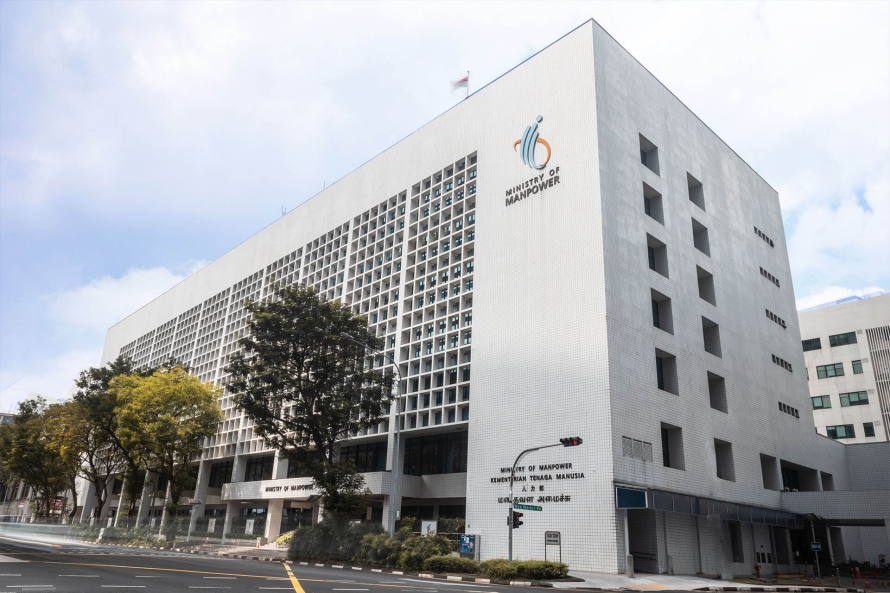
Photo Credit: www.lkhpd.com.sg/projects/ministry-of-manpower/
"When I landed in Singapore with PKR 100,000 savings, I was apprehensive. But by sharing a flat, cooking at home, and using public transport, I managed to save and even send money back home."
— Ahmed, Software Engineer.
Cost of Living vs. Salary: Will You Survive or Thrive?
Whether you’re just starting your career or moving here for a new opportunity, it all comes down to how you manage your budget.
Everyday Expenses
Start with the big one, rent. Sharing an HDB flat typically costs around S$700/month for a single room. Renting an entire flat ranges from S$2,200 to S$4,200, depending on size and location.
For transport, public options are the most practical. The MRT and buses are clean, reliable, and affordable. Monthly expenses average S$100 to S$150. Car ownership comes with high costs and is generally unnecessary.
Food expenses are manageable with local and halal options. Hawker centres and simple home-cooked meals are part of everyday life and can keep monthly food costs between S$300 and S$600.

What You Might Earn
Salaries vary, but software engineers earn about S$68,000/year, while financial analysts make closer to S$80,000. That’s around S$5,600–S$6,700/month before taxes. So yes, you can live comfortably here.
Budgeting Tips for First-Timers
- Room with others: Sharing an HDB flat can slash your rent by more than half.
- Use the MRT and buses: They’re efficient and cost a fraction of owning a car.
- Hawker meals over restaurants: Local food is cheap, tasty, and a part of daily life.
- Free fun is everywhere: Explore parks, beaches, night markets, and public festivals.
Track spending early: Apps like Seedly or Spendee help you stay in control from day one.
From Job Hunt to First Paycheck: Your Career Roadmap
1. Skill Up
Enroll in online courses on platforms like LinkedIn Learning, Coursera, or edX. Short courses in AI, fintech, and project management can give your resume that extra shine.
2. Polish Your CV (the Singapore Way)
In Singapore, less is more. Keep your resume crisp, tailored, and focused on quantifiable results. Avoid over-designing, because this isn’t a wedding card, it’s your career passport.
3. Apply Smart
Use job portals like MyCareersFuture, JobStreet, and LinkedIn. Don’t spam; apply where your skills match. Reach out directly to recruiters. Join Singapore-based Facebook and Telegram groups where openings are shared informally, too.
4. Ace the Interview
Time zone difference? No problem, set your alarm. Dress professionally (yes, even if it’s a Zoom call). Ensure your Wi-Fi is stable, and prep for questions on work ethics, adaptability, and cultural fit.
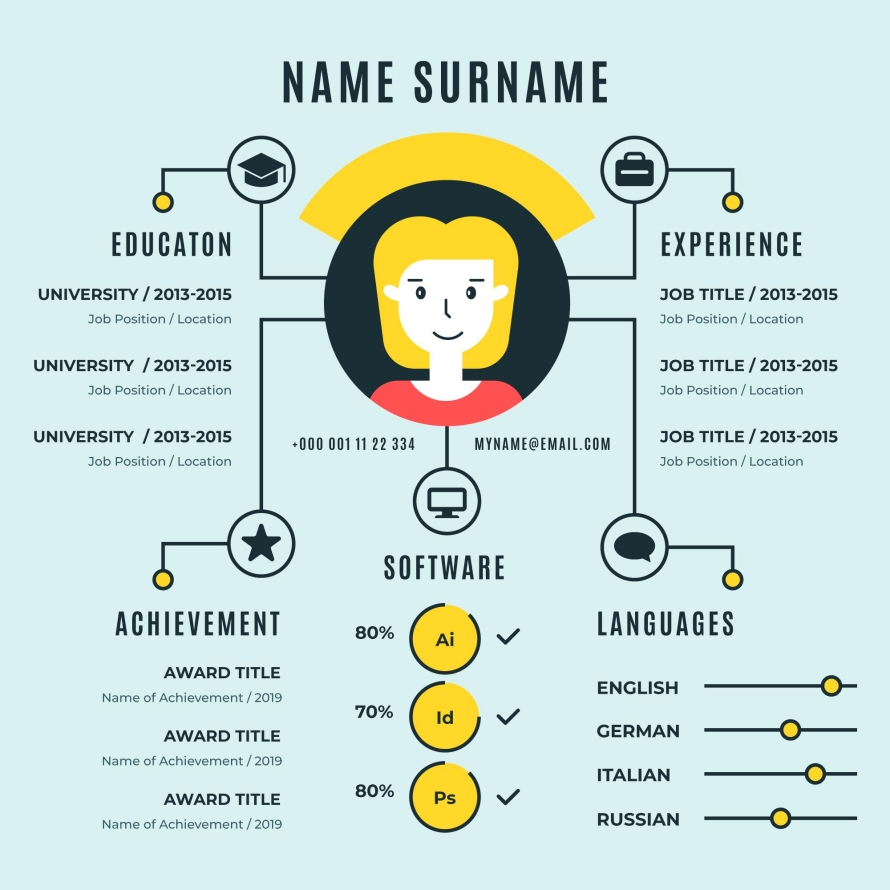
6. Visa the Easy Way
Once you get the offer, the employer usually initiates the visa application. If you are doing it for yourself, it can also be done online with easy steps from the government portal. You will need a few information like the job appointment letter, your passport, and living arrangements.
7. Move, Adapt, Grow
Landing is just the start. Give yourself 2–3 weeks to adjust. Explore local job fairs, network with peers, and say yes to lunch invites. You never know which one might lead to your next big break.
Life in Singapore: What to Expect
Singapore is a melting pot of cultures. From halal nasi lemak to Friday prayers at Masjid Sultan, it offers comfort for Muslim professionals. The city is safe, clean, and shockingly efficient, and your MRT always arrives on time.
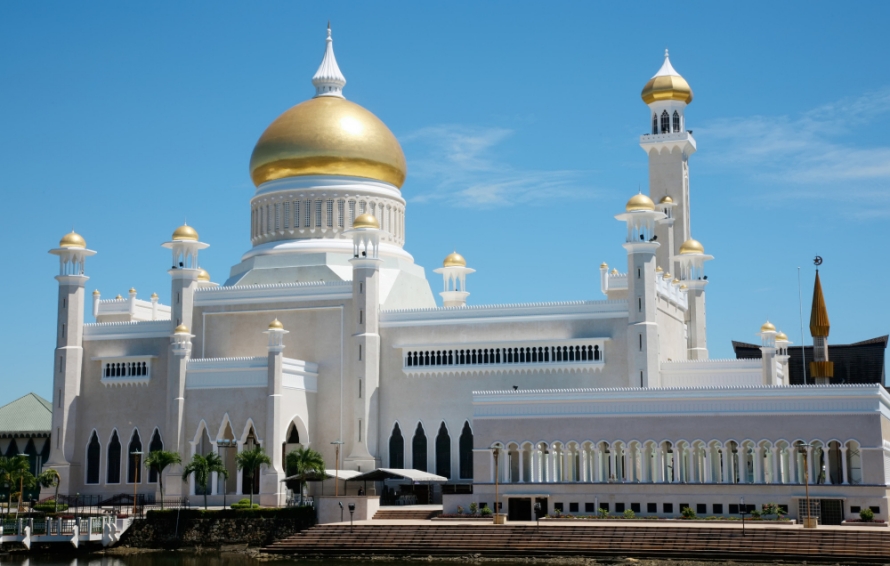
Friendly Faces & Expat Energy
You’re not alone. There are thriving Pakistani student associations at NUS and NTU. Pakistani professional groups are on Meetup and LinkedIn, and there are weekend cricket matches in local parks.
Work-Life Balance Exists Here
In Singapore, companies genuinely care about mental well-being. Many of them provide flexible hours, hybrid work models, and even wellness budgets to support their employees. Weekends are often filled with fun trips to Sentosa or delightful café hopping in Tiong Bahru.
Weekend Getaways Galore
From Singapore, you’re just a hop away from Malaysia, Indonesia, or even Thailand. Budget airlines and buses make cross-border escapes cheap and easy, which is perfect for a quick recharge.
Long-Term Growth: From Employee to Entrepreneur?
Once you’ve settled in and gotten familiar with how things work, Singapore becomes a great place to build something of your own. It’s one of Asia’s most supportive environments for entrepreneurs. Pakistani professionals with fintech or SaaS ideas can register companies under schemes like Startup SG.

From Block71 to LaunchPad, co-working spaces and incubators are everywhere. Singapore is investing heavily in smart nation technologies, green finance, and AI sectors. Your ideas are not just welcome, they’re funded.
The Bigger Picture
Look into the EntrePass if entrepreneurship is your path. It’s designed to help foreign founders set up and scale in Singapore. Add to that the long-term benefits of Permanent Residency (PR), family sponsorship, and global work mobility, and you’ll start seeing why many Pakistanis choose to make it their second home.
Conclusion
Let’s rewind for a second, you’re stuck in Karachi traffic, thinking there’s got to be more out there. Now picture this: you in a modern office in Singapore. Building a career, sending money back home, and growing a global network. That’s not just a dream. That’s a plan, and it starts with a few smart moves.
Pakistan benefits from skilled returnees and steady remittances. Singapore gains driven, tech-savvy professionals ready to contribute. And you? You become the link between two worlds, creating something bigger than yourself. This isn’t just about moving, it’s about moving forward.
